950+
Organizations use Psylaris products
7500+
Therapists use our software worldwide
100.000+
Completed sessions with our applications
If you suffer from compulsive thoughts and/or perform compulsive actions, you have obsessive-compulsive disorder. Because thoughts are compulsive, it is called an obsession and when actions are compulsive as well, it is called compulsive. The fact that you suffer from this is very annoying. Someone who is not familiar with it will find it strange, because such a compulsive disorder is difficult to counteract and to stop thinking and acting compulsively.
The symptoms can be found in both the compulsive thoughts and the compulsive behaviour. Compulsive thoughts are recurring thoughts and they are persistent. Even if you do not want to and try to think of something else, the compulsive thoughts keep recurring. They are usually not useful thoughts either, so that you have something to think about; they are actually thoughts that sometimes frighten you. Think of scary diseases you might catch, making terrible mistakes, being polluted or obsessive thoughts about religion or sex.

Compulsive behavioural disorder involves compulsive actions. Often, these actions stem from compulsive thoughts. It is not about performing an action once, but about repeating it over and over again. Examples are the constant washing of hands, cleaning the house, counting steps or putting objects in a symmetrical position. All these actions are caused by fear. By performing these actions over and over again, you start to think that something you do not want will not happen to you. Compulsive actions do not even have to be performed physically. Often people with compulsive behavioural disorder also carry out actions in their thoughts, such as counting things repeatedly or praying.
The cause of this disorder is not always clearly identifiable. What is known is that heredity can play a role. If parents or someone else in the family suffers from compulsive thoughts and actions, you are also more susceptible. Stress and important events in one's life can also be a trigger, such as the birth of a child or a traumatic event. In the latter case, specific treatment must be given for trauma. The chance of getting rid of the disorder is then greater.

Because Psylaris wants to make the GGZ easier and above all faster to reach for people who need it, several resources have been developed for easy EMDR treatments. For EMDR-remote Psylaris has developed an online EMDR tool . This is a convenient online platform for the practitioner. It allows the client to follow an EMDR session remotely via video calling. The practitioner has more online options for distraction with various digital distraction tasks.
Also with virtual reality, Psylaris cannot stay behind. Psylaris has developed VR modules for various GGZ treatments, including EMDR-VR. Because the client is in the virtual world, a distraction started by the practitioner will be very intense. Both EMDR-Remote and EMDR-VR are possibilities to give a treatment in a modern way and also in a higher frequency.
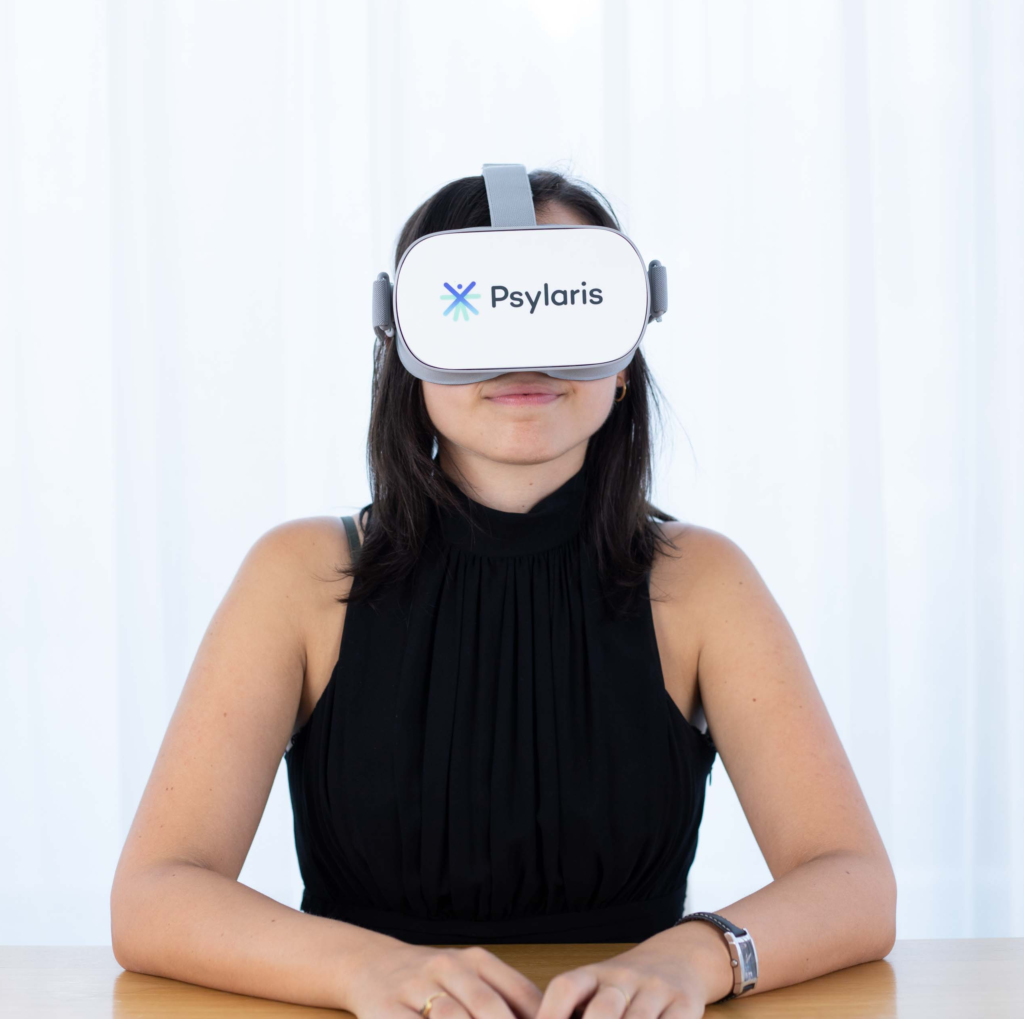
As a developer of modern methods and tools in mental healthcare, Psylaris has also made EMDR easy with modern techniques. Virtual reality, for example, plays an increasingly important role in the GGZ. With EMDR-VR Psylaris has developed a VR module. The module can easily be used by the practitioner and has many distraction possibilities. The client gets a more intense distraction than during a regular treatment. The VR glasses can be used both at home and in the treatment room. This makes both the practitioner and the client more flexible.
If the client is unable to come to the treatment centre, Psylaris uses EMDR-remote to make it possible to receive EMDR treatment at home. EMDR-remote is the online EMDR platform of Psylaris, where the practitioner and the client can conduct an EMDR session via video calling. Again, the practitioner has many possibilities to distract and the client, who is chained to the house, is still being treated.
We believe with the combination of intelligent software and qualified therapists we can develop a system in which everyone, anytime and anywhere has direct access to efficient and affordable psychological care.
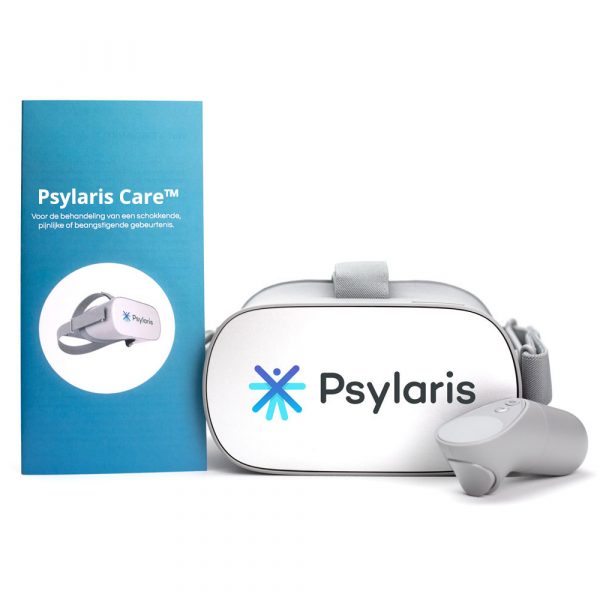
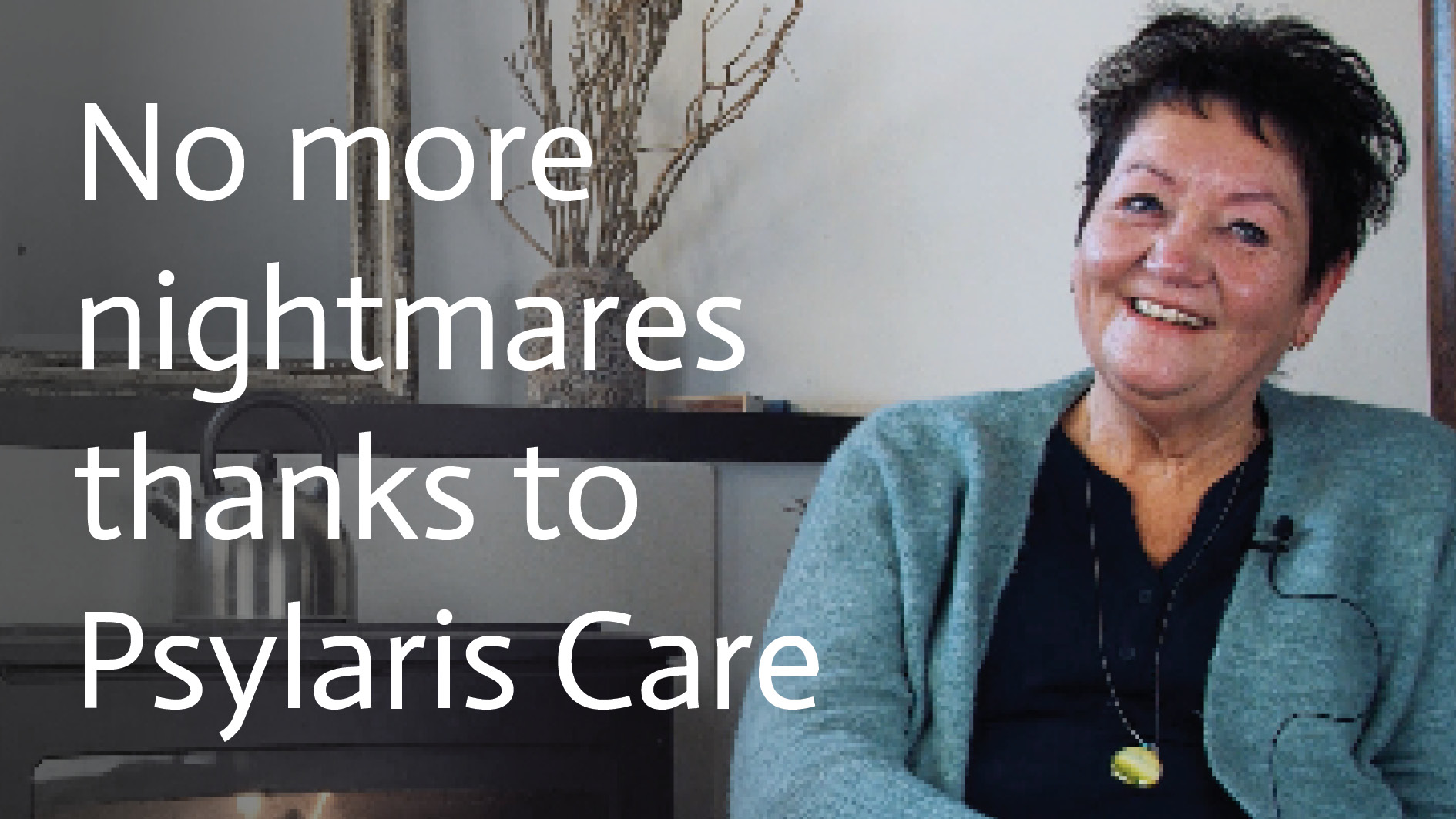
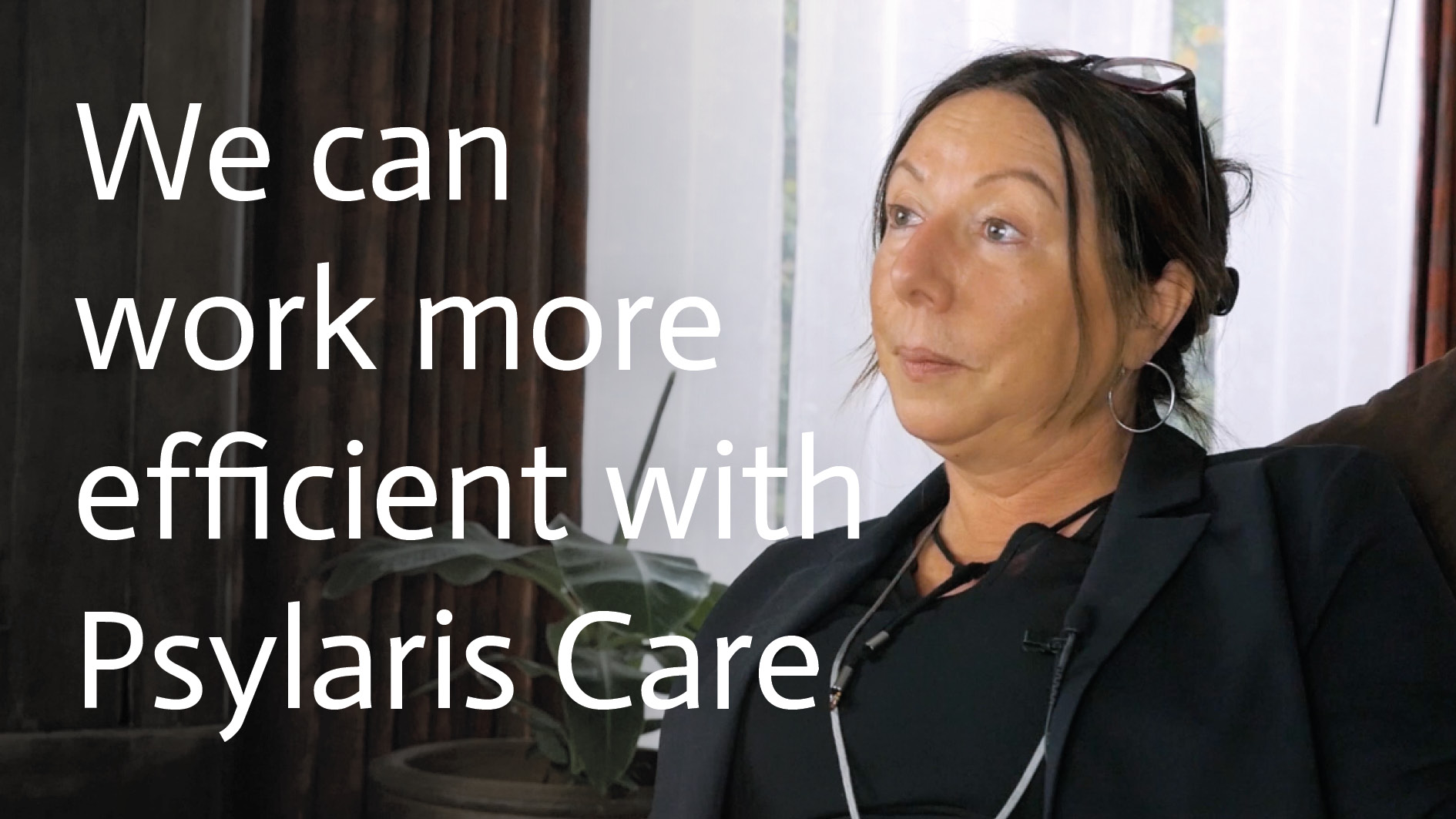
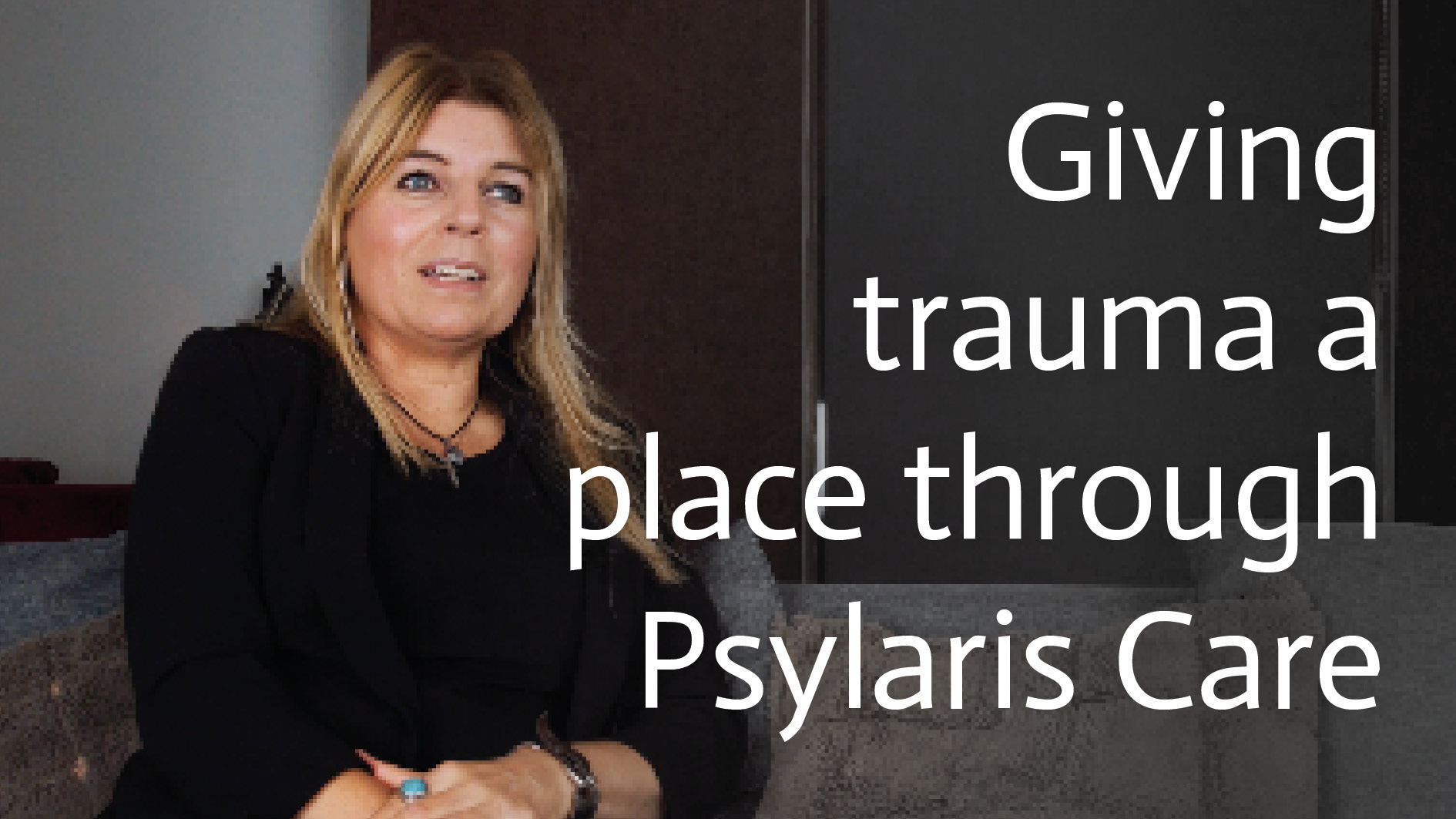
This website uses cookies to ensure that you get the best experience on our website.